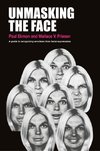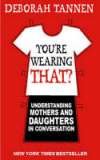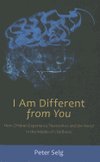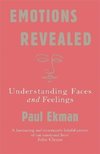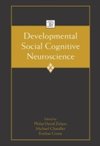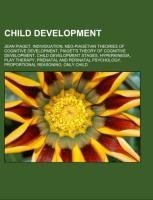
-
 Anglický jazyk
Anglický jazyk
Child development
Autor: Source: Wikipedia
Source: Wikipedia. Pages: 78. Chapters: Jean Piaget, Individuation, Neo-Piagetian theories of cognitive development, Piaget's theory of cognitive development, Child development stages, Hyperkinesia, Play therapy, Prenatal and perinatal psychology, Proportional... Viac o knihe
Na objednávku
20.07 €
bežná cena: 22.30 €
O knihe
Source: Wikipedia. Pages: 78. Chapters: Jean Piaget, Individuation, Neo-Piagetian theories of cognitive development, Piaget's theory of cognitive development, Child development stages, Hyperkinesia, Play therapy, Prenatal and perinatal psychology, Proportional reasoning, Only child, Early childhood intervention, Behavioral cusp, Concerted cultivation, Object permanence, Comfort object, Crib talk, Infant cognitive development, Integrated Child Development Services, Thumb sucking, Developmental niche, Dunstan Baby Language, Conservation, Thriving, DENVER II, Denver Developmental Screening Test, Child psychotherapy, Pedology, Playing doctor, Season of birth, Parallel play, National Child Development Study, A-not-B error, Child Life, Theraplay, Explosive child, Social cognitive theory of morality, Einstein syndrome, Sexuoerotic tragedy, Theory-theory, Consumer socialization, Kewpie doll effect, Real Boys, Stranger anxiety, Barlow maneuver, Dibs in Search of Self, Growth landmarks, The Myth of the First Three Years. Excerpt: Jean Piaget (French pronunciation: ; (9 August 1896 - 16 September 1980) was a French-speaking Swiss developmental psychologist and philosopher known for his epistemological studies with children. His theory of cognitive development and epistemological view are together called "genetic epistemology". Piaget placed great importance on the education of children. As the Director of the International Bureau of Education, he declared in 1934 that "only education is capable of saving our societies from possible collapse, whether violent, or gradual." Piaget created the International Center for Genetic Epistemology in Geneva in 1955 and directed it until 1980. According to Ernst von Glasersfeld, Jean Piaget is "the great pioneer of the constructivist theory of knowing." Piaget was born in 1896 in Neuchâtel, in the Francophone region of Switzerland. His father, Arthur Piaget, was a professor of medieval literature at the University of Neuchâtel. Piaget was a precocious child who developed an interest in biology and the natural world. He was educated at the University of Neuchâtel, and studied briefly at the University of Zürich. During this time, he published two philosophical papers that showed the direction of his thinking at the time, but which he later dismissed as adolescent thought. His interest in psychoanalysis, at the time a burgeoning strain of psychology, can also be dated to this period. Piaget moved from Switzerland to Paris, France after his graduation and he taught at the Grange-Aux-Belles Street School for Boys. The school was run by Alfred Binet, the developer of the Binet intelligence test, and Piaget assisted in the marking of Binet's intelligence tests. It was while he was helping to mark some of these tests that Piaget noticed that young children consistently gave wrong answers to certain questions. Piaget did not focus so much on the fact of the children's answers being wrong, but that young children consistently made types of mistakes that older child
- Vydavateľstvo: Books LLC, Reference Series
- Rok vydania: 2012
- Formát: Paperback
- Rozmer: 246 x 189 mm
- Jazyk: Anglický jazyk
- ISBN: 9781156827376
